Interview with film photographer – Valentin Rizvan
Interviewing Valentin Rizvan was on my list for a while, finally, we got together and agreed to do with as an article. After first seeing Valentin’s film work earlier this year I was intrigued for 2 reasons. The first was architecture, as this genre is close to my heart. The second was the use of film and his exposures were so consistent.
We chatted for a few months off and on due to our work patterns and it was interesting to find Valentin’s use of budget film. He talks about consistency in his work, the right lens and camera to match this. Anyway, enough from me, allow us to introduce Mr Valentin Rizvan.
About you
Tell us a little about yourself, where you grew up, what was life like (bear in mind viewers could be from a different country).
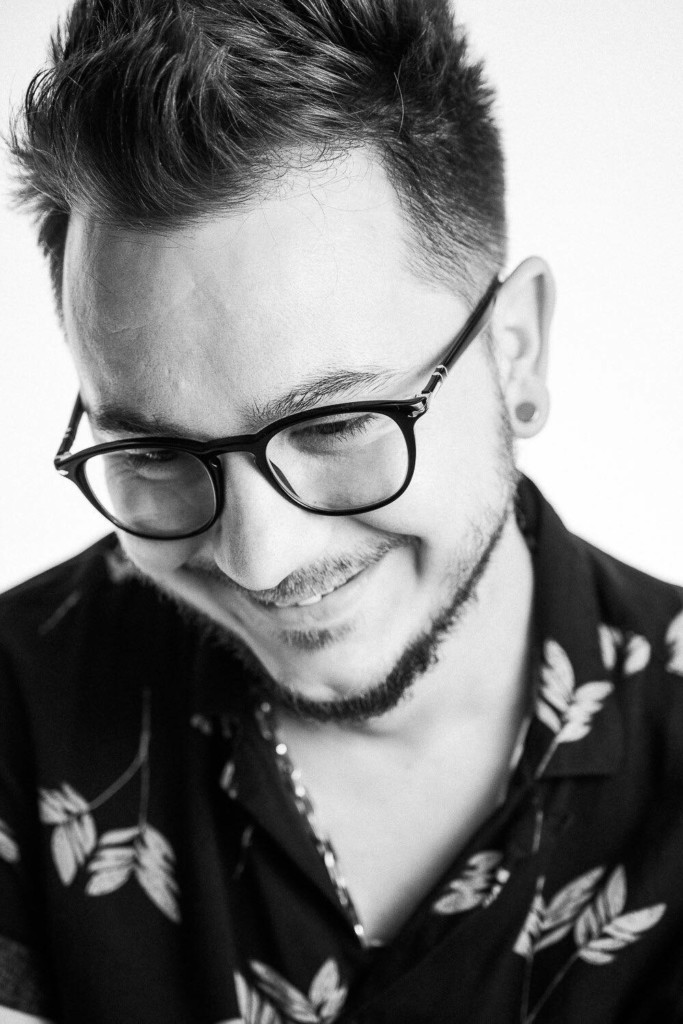
HI there, my name is Valentin Rizvan and I’m a professional photographer based in the UK. I am formally trained having a BA in Photography and Video Art since 2010 and I work as a photographer for more than 12 years now
I was born in Romania and I moved to the UK in 2008 with my then girlfriend when we started our University courses. We settled here quite well, bought a house, got married and now I am a proud father of a 3 year old. I think it was the weather that attracted us to settle on this small island haha
Insight
Tell us about the people who have influenced you in life and your career (professional and family/friends)?
My biggest influence and support was my wife. Although it was me who insisted to start on this adventure, I wouldn’t be here without her.
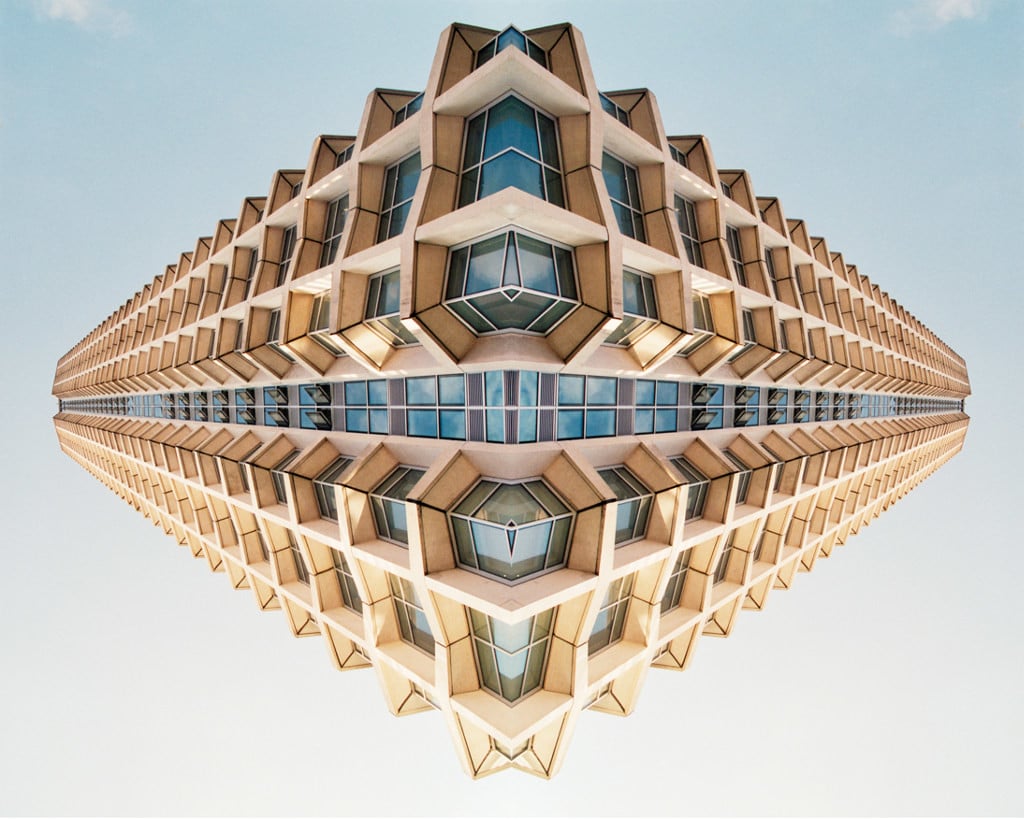
As far as improving as a photographer, would you recommend art books, fashion mags or photography courses?
In my opinion, to improve as an artist, not only as a photographer, you need to be open to experimentation and eager to learn new things. Inspiration is all around us, we just need to pay attention. This is an essential thing, to be able to absorb as much information as possible and produce something that bears your mark. So in this sense, all of the above would be suited for improvement but it depends on what type of outcome you’re looking to produce.
Secondly, I think it’s quite important not to wait for inspiration or that great moment because it will never materialize. You have to put in the hours and work hard at perfecting what you started with. Because no artist will produce an exceptional piece of work right away, it’s a lot of work involved. You know how they say 10% inspiration and 90% perspiration.
What is your earliest memory of photography?
My earliest memory of photography is when I was 3-4 years old and my father was developing and printing in our bathroom. I feel that I went full circle now and my son will have the same memories about me. It’s strange how life works sometimes..
Experience
It’s 2019, why are we still shooting film? Is it a choice or replacement for digital?
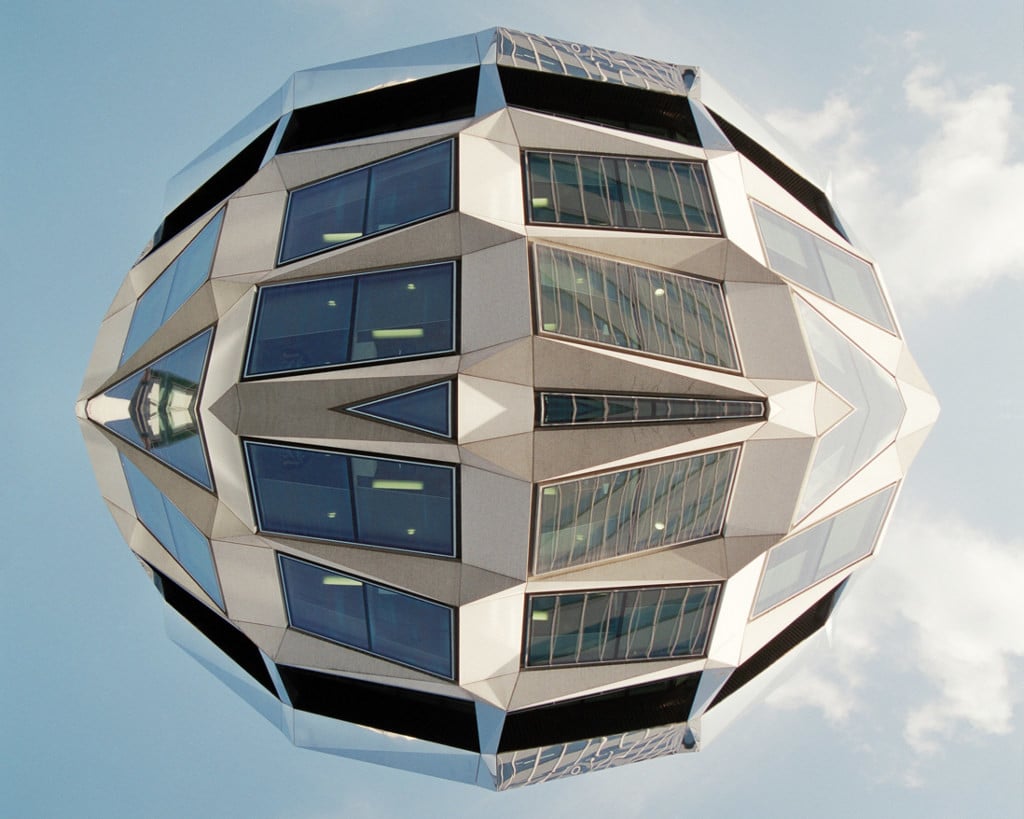
It’s funny because quite often I ask myself the same question, what’s the point of shooting film? I think in my case is the thrill of seeing my pictures for the first time when I scan them. It’s the delayed gratification that I find very appealing.
Also I think it’s my way of differentiate work and fun. Shooting digital professionally for such a long time took the fun out of photography. Since I’ve started shooting film I’m doing it for fun again
What is always in your camera bag when you go out?
I don’t have a camera bag per se when I shoot for fun, I grab a camera and use that for the day. Personally, I don’t like to carry too much gear with me because too much choice would make my life harder.
A Pentax 67 with 105mm f2.4 and 55mm f4 and I recently purchased a Leica M6 with a Voigtlander 40mm 1.2 lens. I know Leica users are seen as pretentious but these cameras are amazing machines that feel great in the hand and make you want to take pictures all the time.
For work I shoot Fuji (XPro2 and XT) with an assortment of lenses (23mm 1.4, 56mm 1.2, 16-55mm f2.8, 50-140mm f2.8) or when I shoot sports Canon 1DX with 70-200 f2.8 IS, 100-400 MK II, Sigma 150-600mm..etc
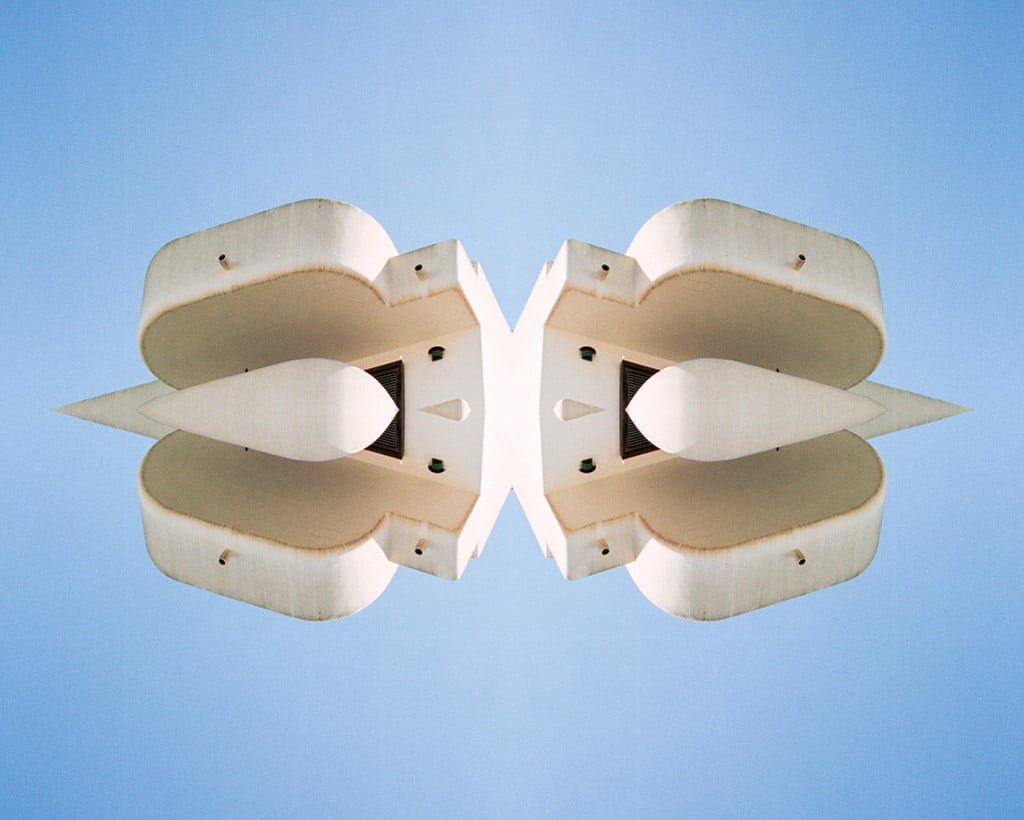
You’ve put some beautiful pictures up on facebook recently. Can you share with us your recipe for achieving good quality negatives and scans?
As a beginner in film photography I’ve started slowly and only changed one thing at a time. It can be very confusing to juggle between cameras, films, developers, scanners etc. I’ve started with one camera, one lens, one type of film (fresh not expired) and I was sending my rolls to be developed by a lab.
Soon after, I bought a scanner and also a b&w developing kit. I was still processing colour at a local lab but I started to scan the negatives myself. After a while when I was pretty confident developing b&w film I bought a C41 kit, a sous vide circulator and started doing colour too. So everything came naturally and I learned as I moved from one to another.
Another thing that I’d like to mention is how important is to have proper tools like changing bag, leader retriever, squeegee,accurate thermometer, collapsible chemical bottles, sous vide circulator or software like Silverfast. I don’t reuse my chemicals past manufacturer recommendation nor use water instead of stop bath or things like that. I know it’s more expensive, but if I decided to spend money to shoot film I will do it properly because I want consistent results and each frame lost will cost me money. Anyways these expenses are negligible compared to buying digital gear or even with the cost of film in the long run.
Do you think the scanner you chose is important over less/more expensive models? What made you chose it over the others?
I think it’s easy to get sucked up in the “megapixel race” when we read reviews online. The scanner is important up to one point, after that it becomes pixel peeping. I used to have a dedicated 35mm Reflecta 10M scanner, which according to the reviews is the best consumer 35mm scanner. Now I use an Epson V700 flatbed which again, according to the reviews is not great for 35mm.
Let me tell you this, the difference is much smaller than they imply, it’s true if you zoom in 100% you can see one is sharper than the other. But zooming to 100% is like looking at a massive print, how many will print that big? Or even if they do, how often they do it? So you need to put all this in balance and don’t get carried away.
I eventually sold my Reflecta and kept only my V700 which is a great scanner for not a lot of money. I like the fact that it can batch scan without supervision and it’s fairly quick, so for me ticks a lot of boxes even if it misses out a bit on resolution.
WORK
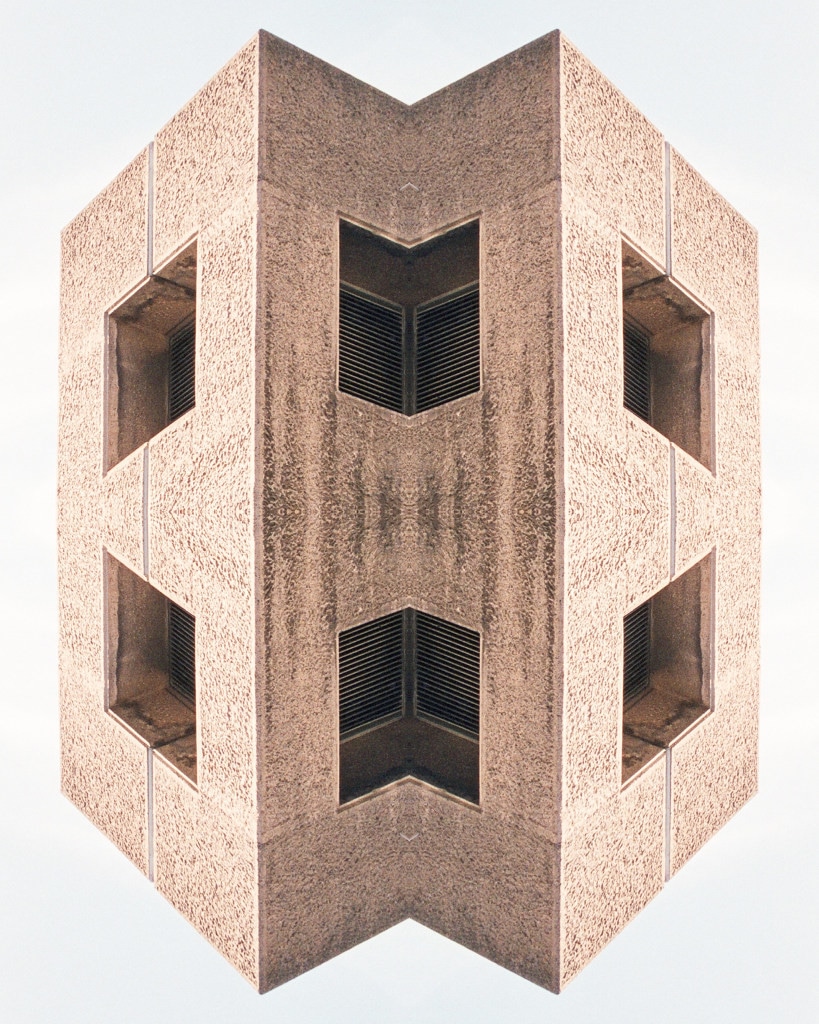
Tell us what sort of photography you shoot for your day job?
I shoot sport events every weekend for a big national company but quite often I will do different things on the side like weddings or other gatherings. Also I have a full time job during the week so photography is not my main source of income.
What is your favorite genre in your spare time
I don’t think I have a favourite genre. I like to shoot various things from landscapes to portraits and everything inbetween but having such a tight schedule means I’m a bit constrained in what I can shoot. For example I can’t organize fashion shoots because I don’t have the time, or even shoot at night. I don’t even remember when I’ve done it last time.
That’s why I try to come up with various projects that focus my work and which I’m able to do whenever I have a bit of spare time
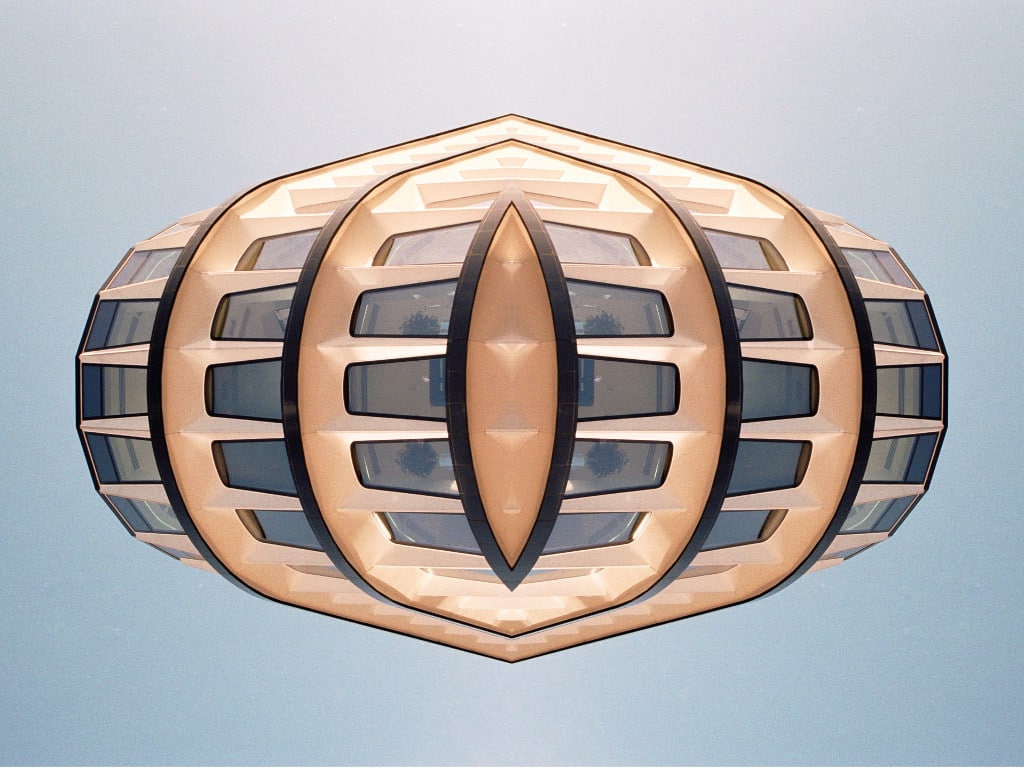
You have posted pictures and mentioned your “other worlds” project, can you tell our readers about this.
The Other Worlds project is in fact something that I did for one of my assignments at the University when I was studying for my BA. It was just a sketch at the time with a small set of photos, but I always thought it had more potential.
So naturally, when I started shooting film I needed a long-term personal project to keep my work focused. I tried to come up with an interesting and fresh idea. However, I have been drawn back to the Other Worlds series.
It is based on the Rorschach Inkblot Test in which the subject’s perception is recorded and then psychologically analysed. I am fascinated how many different things people can read in those inkblots just because they’re mirrored and symmetrical.
Our brains are wired in such a way that they’re always looking for associations when presented with symmetrical images. We associate a variety of psychological qualities with this type of symmetry. The image may feel peaceful, calm, stable, harmonious…etc. With such a small change in perspective we get such a big change in perception and I find this very interesting.
So your BA degree was in photography? Where was this?
Yes, photography and video art at Bedfordshire University.
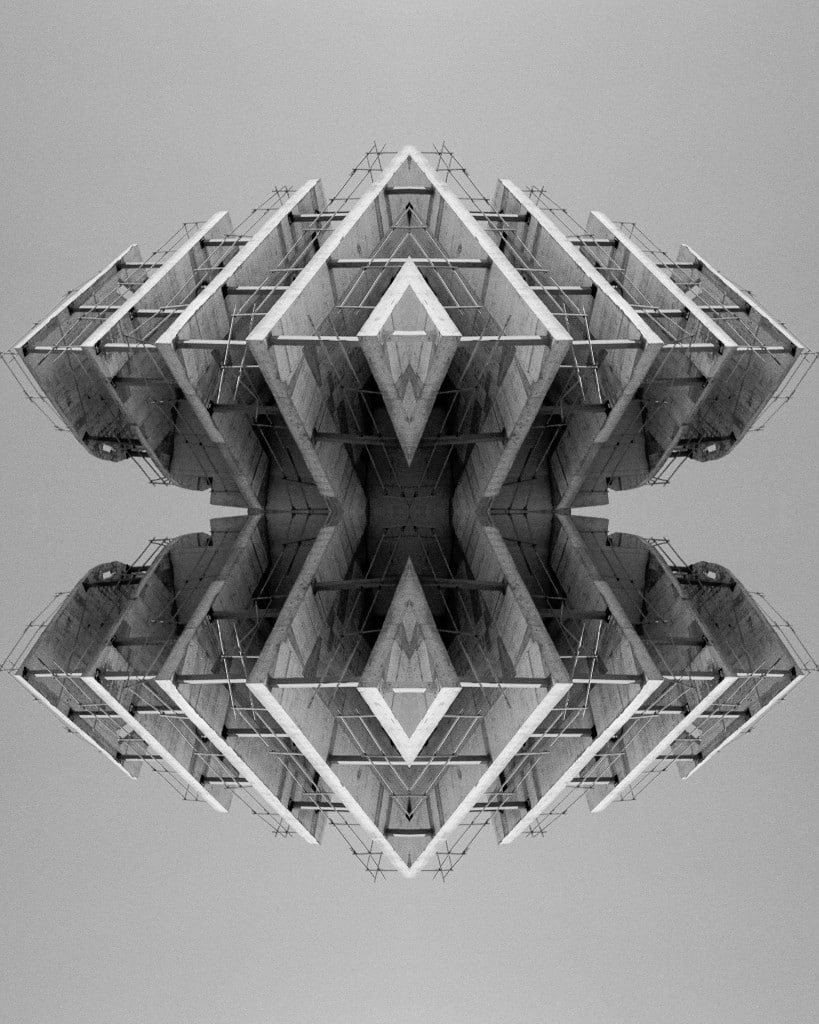
What was something memorable you learnt from your degree that is still with you know as a photographer?
I learned how to “work” on art. Before, I had the misconception that if you’re talented you’re going to do a great piece of work straight away. That’s wrong!
You need to find an idea, do the research and then start working on it. Like a painter, you need to do a lot of sketches before you get to do your final painting.
I noticed a lot of people are discouraged after those first attempts because feedback received is not great. They will start something else and usually settle on something that is on trend and gets positive feedback. Especially now with social networking and Instagram, these trends seem to be even more pronounced.
It also taught me that consistency is very important. If you work like that you will get consistent results every time, it won’t be just a lucky shot. As a professional is very important to be consistent.
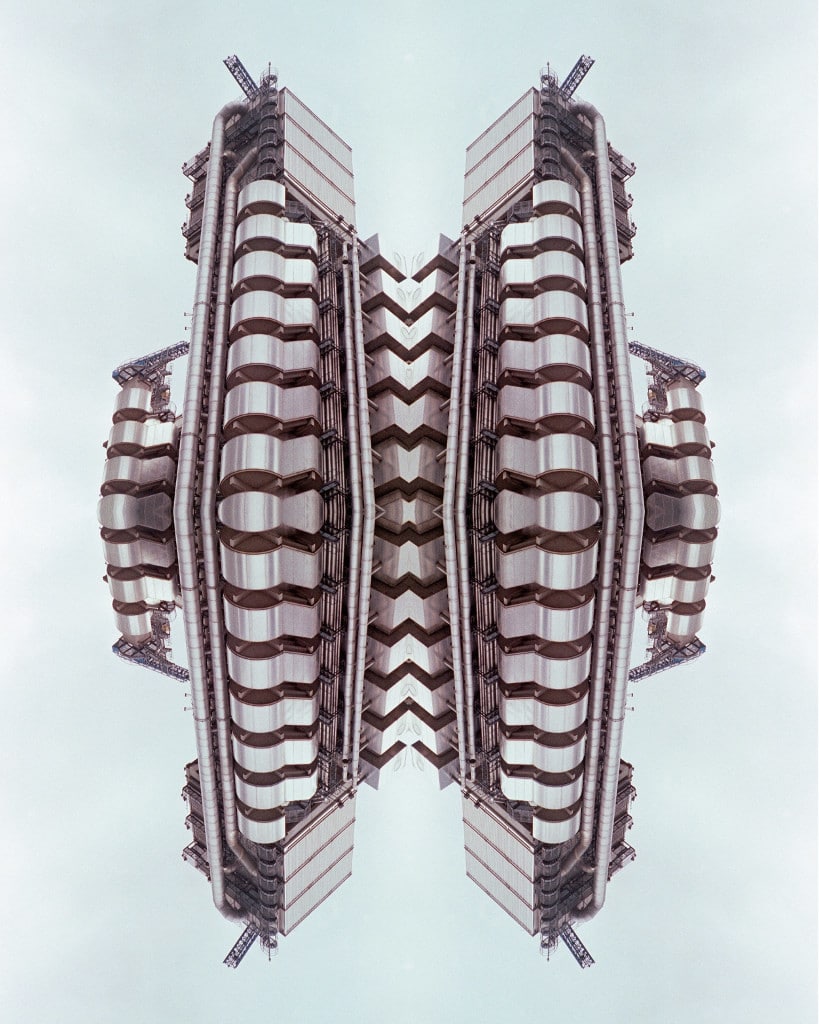
Do you have a favourite film as I notice you shoot very normal fuji c200?
My favourite film is Fuji 400H. I used to shoot a lot of it in both 120 and 35mm. Recently I abandoned the 35mm version because it’s very expensive and I chose to use Fuji C200 instead. It has a similar palette but it’s almost 5 times cheaper compared 400H.
For b&w I like to use Tri-X and FP4 developed with Ilfotec LC29 or Ilfosol.
Is there another camera or item you want to add to your repertoire?
At the moment I’m pretty happy with my cameras (hard not to be with a Leica M6 and a Pentax 67) so I don’t need anything else. They were both my dream cameras and I’m very lucky to own both.
Do you think you will ever jump to larger formats or cyanotype/dry plates/tintypes etc?
I really doubt it. I’m not the type of guy that enjoys the manual process these formats bring. Developing film and messing up with chemicals is my least preferred part and I think you really need to like it, to shoot those formats.
Also I don’t like the look on most of them and they don’t match my shooting style either.
What is missing from your film work, that you either want to shoot, try or improve?
I would love to shoot more portraits or editorials, either with available light or off-camera flash. I used to do a lot of fashion shoots when I was at University but now I simply don’t have the time anymore.
RANDOM QUESTION TIME
- What is the best thing in a children’s playground (swing/roundabout etc)?
I remember enjoying the seesaw the most but if you ask my son I’m sure he would say SLIDEEEE
2. If you got locked in a building. which one would I be comfortable in (department store, library, shop etc)?
Probably library, lots to read there so it wouldn’t be boring.
3. Which would you prefer to have – insomnia or narcolepsy?
Definitely insomnia, I don’t sleep much. It feels like wasted time.
4. You’re looking down on the earth from your spaceflight, what part of the world do you photograph?
I think I would spend some time taking it all in before grabbing my camera. Then I would probably photograph man-made structures rather than landscapes.
5. What hobbies does god have?
Hmm being an atheist I would say god doesn’t exist but let’s play along and say he probably enjoys puppetry haha
6. Do u think hitmen exist?
Certainly, but the real question is do you think hitwomen exist?

Conclusion
It’s been a real pleasure working with Valentin, he’s very responsive on social media and active in some of the Facebook groups. The advice is always honest, you can see that.
What made Valentin stand our from a lot of the other photographers – quality and quantity. Not only has he used inexpensive film, but he’s come up with a way that obviously suits his life. He’s always posting new work, despite being a family man and having a day job like a lot of us. I’ve always considered this a matter of passion, finding the time and energy is not always easy!
This other worlds project is just sublime and there is something about how simple he’s made the images that draw us in. The title is very descriptive and suits the array of imagery. If this ever turns in to a book I will be buying it for sure, for now, he’s on with his next project – available spaces.
For now, check out Valentin’s Instagram feed (click here) – https://www.instagram.com/black_and_bright/
Thanks again to Valentin for joining us, showcasing his work and allowing us some insight into the inner workings of his mind. Sign up for the newsletter to keep up to date with articles and my podcast show.
P.S. If you like architecture then don’t forget to check out my work too –
